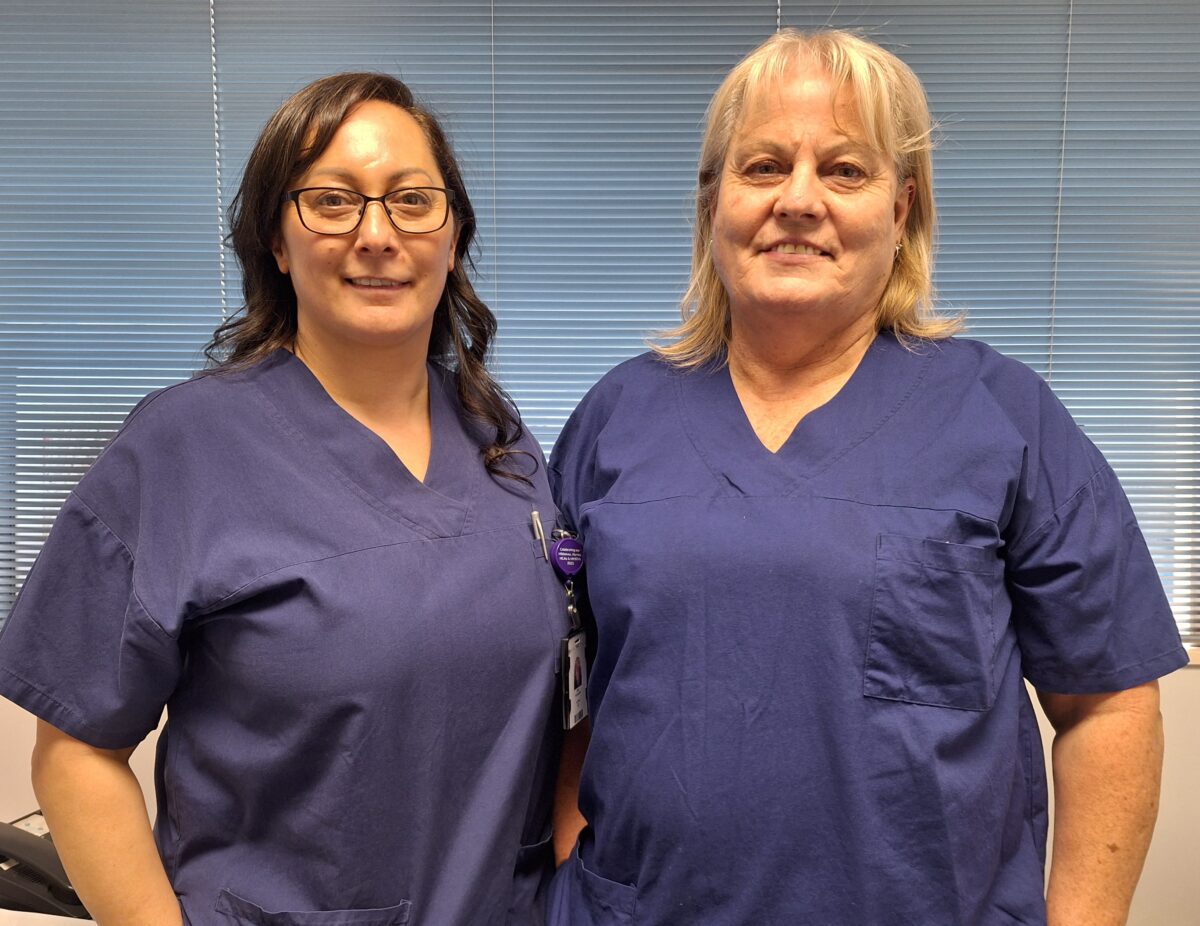If you’ve ever been to ED at Wellington Hospital in the past 20 years, it’s likely that Bernadette or Melanie have nursed your wounds.
But the mother-daughter duo is so professional that it is not until their colleagues in the region’s busiest medical space see their names together on a piece a paper, that they realise they are related.
“We’ve worked with some people here for more than 10 years, and they still don’t know she’s my daughter and I am her mum,” giggles Bernadette.
“It’s a testament to our professionalism,” Melanie said.
Bernadette is an associate charge nurse manager in the department while Melanie has a more senior role as the nurse manager which makes her responsible for the management of about 120 ED staff — mainly nurses but also healthcare assistants.
‘Boredom’ and curiosity the inspiration
Lower Hutt-based Bernadette, mother of three, got into nursing as a mature adult at age 37, after becoming bored with her previous line of work in a bank.
“I just had my last child and thought it was time for a change, so I enrolled in nursing studies through Massey University.”
Porirua-based mother of three Melanie said she was always curious about clinical things and that was what led her into nursing.
“My first ever job was doing admin at a medical centre and I was always curious about what was happening out in the clinical spaces with the doctors and nurses.
“I was in my 20s, had two children at the time I enrolled into the same course as mum a year after she started,” Melanie said.
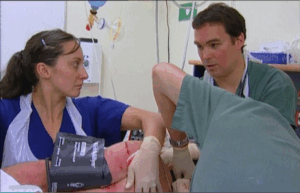
‘We love the action’
Both did their placements at Wellington Hospital which has been their home since they graduated.
Before getting in on the action that is ED, her mother did the rounds at the hospital in medical, surgical cardiology and maternity wards while Melanie worked as a bureau nurse at the hospital.
“There’s nothing we haven’t seen walk or be trolleyed through these doors. We’ve seen patients who have been mauled by animals, car crash victims, massive heart attacks, people with torn and hanging limbs,” Melanie said.
While both admitted they liked the energy and action of the ED, it was the children who came through their doors that left the biggest scars.
“The babies, the children are the ones we don’t forget. Their experiences stick to you, especially the ones you can’t save,” Bernadette said.
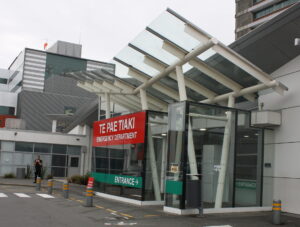
But it’s the ground zero of all EDs
Of all EDs throughout the country, Wellington has one of the most understaffed departments.
“Yes, we’ve heard the news out there about our ED but we’re doing the best we can. We’re like a family here, even the international nurses here, while they come from a different land, are our whānau too,” Bernadette said.
“We have vacancies that we are recruiting to but this takes time. There are several shifts that are under resourced and more patients than they can handle lining the corridors in the ED,” Melanie said.
It was staff resilience and passion for people that kept the ED operating, Melanie said.
“My staff turn up every day. I’m not saying that no one else in the rest of the country doesn’t work hard, but I see my team turn up every day and they put in 100 per cent effort.”
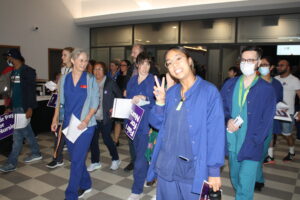
Despite understaffing and aggression from patients with high needs, including serious mental health issues, the duo would not work anywhere else.
““I’d much rather be down here working than working as a nurse on a ward. I do like the action of ED,” Bernadette said.
“I have been scratched, spat at, verbally abused and physically threatened but ED is home for me,” Melanie said.
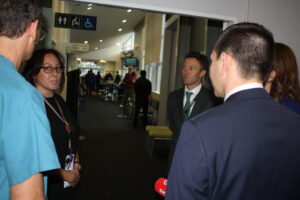
A first for Māori
Through her father, Melanie affiliates to Taranaki iwi. She is the first Māori to be appointed to as nurse manager at Wellington ED.
“Being Māori makes me even more aware and tuned into the importance of reducing health inequities among Māori.
“I really do want to be more involved in NZNO’s Māori nurses’ group and attend the annual indigenous nurses conference, so I will definitely make time for that when they meet again,” Melanie said.



